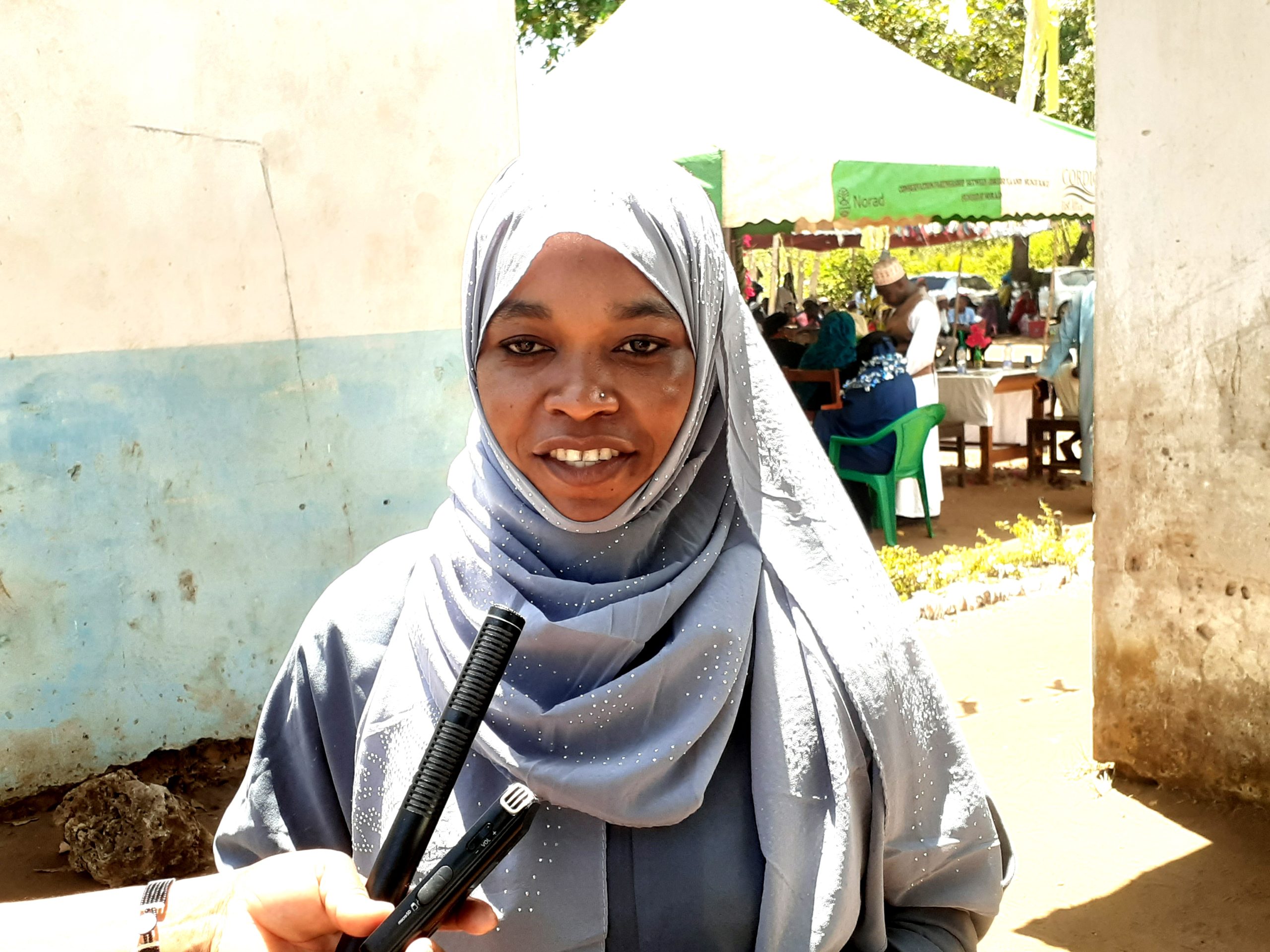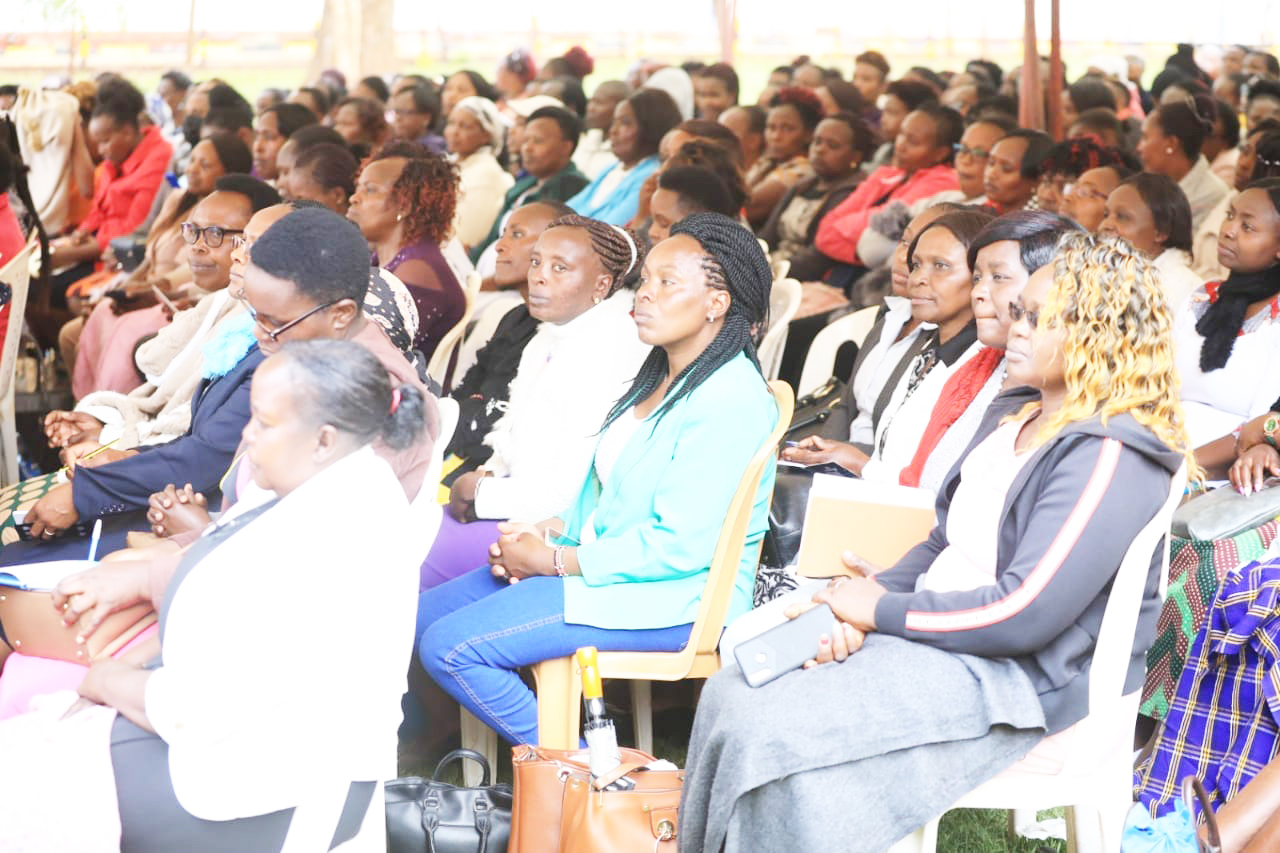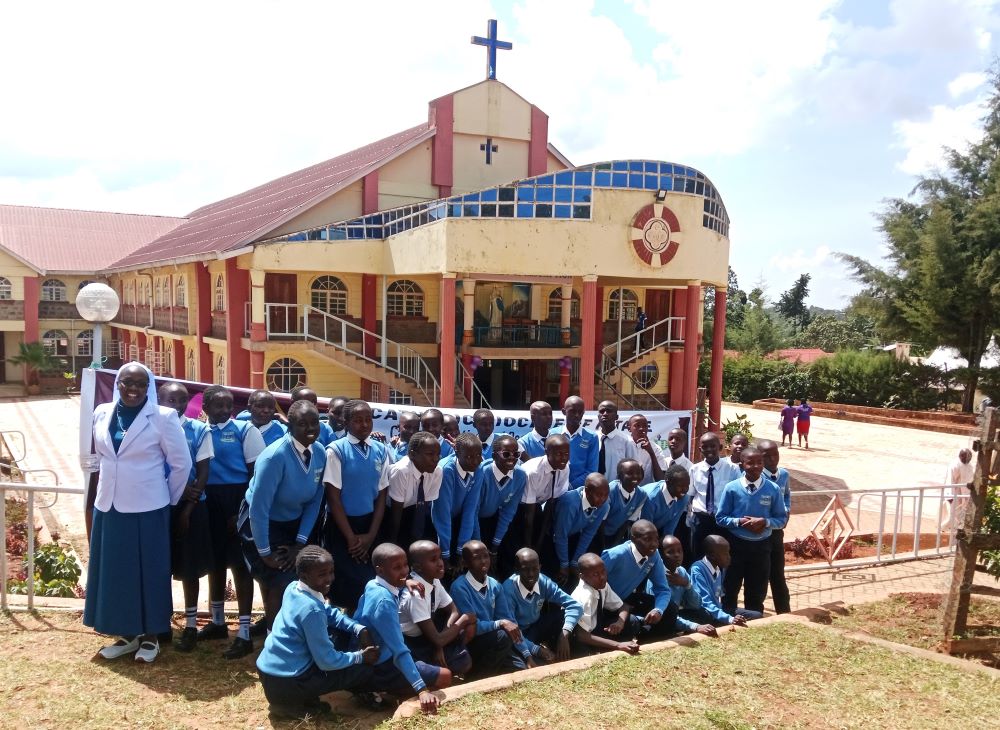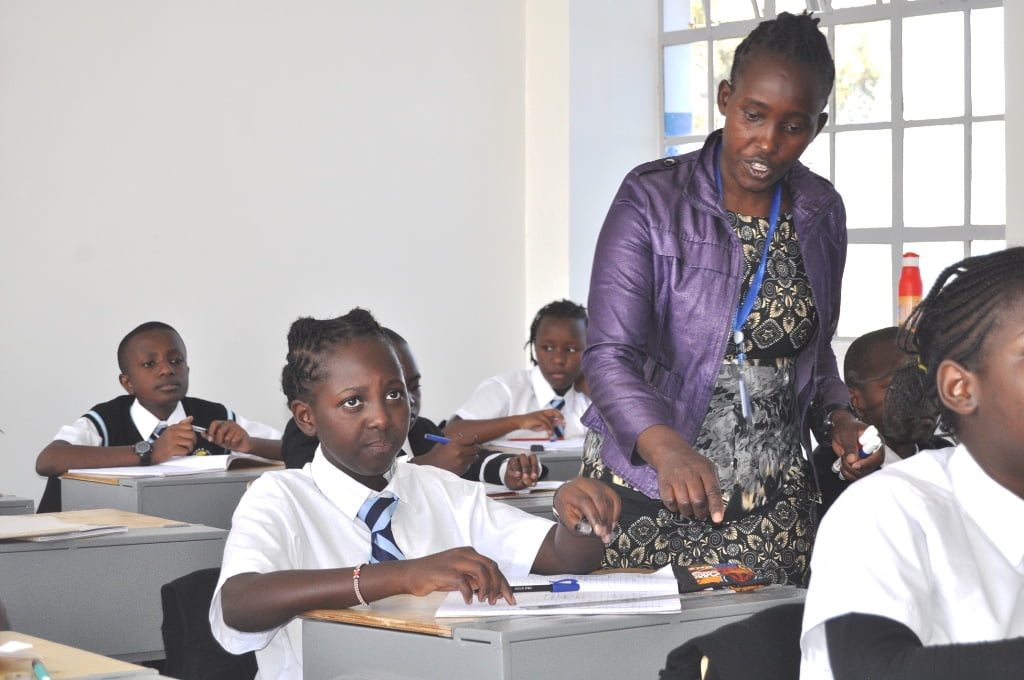Private schools in Kwale County have called on local leaders and the national government to extend support to private schools, lamenting that they have been gravely sidelined.
The stakeholders expressed concern that many leaders overlook private schools, assuming that any assistance would only benefit school owners.
Speaking on behalf of the group, Amina Kasim, the head teacher of Albadru Integrated School, said that most private schools are struggling to operate due to their heavy reliance on parents, many of whom are unable to afford school fees.
Kasim said that supporting private schools would not only benefit the management but also uplift disadvantaged communities whose children’s futures depend on the institutions.
“We are appealing to our leaders and the national government to support us as well. We rely on school fees from parents to run the school, but many of them are struggling financially. We can’t simply send their children home,” she said.
Kasim added that many people assume the school owners are wealthy and do not require assistance, which is far from the reality.
She said that private schools need support just like public schools as both share the same goal of imparting knowledge in Kenyan children.
YOU MAY ALSO READ:
Private schools urged to develop infrastructure for better performance
Kasim said that some private institutions, including her own school, are in dire need of infrastructural improvements and learning materials.
She said that the private schools continue to operate despite their poor conditions as closing them would disrupt the education of hundreds of learners who depend on them.
The teacher pointed out that the Competency-Based Curriculum (CBC) demands improved infrastructure, which many private institutions in rural areas lack.
She called on the government and local leaders to step in and ensure that learners receive quality education, not only in public schools but also in struggling private institutions.
“Every child deserves a conducive learning environment regardless of the type of school they attend,” she said.
Kasim added that access to electricity and the internet is essential for private schools to meet the standards of the CBC, revealing that they have had to depend on neighbouring institutions for computer and internet-based classes.
Idi Ali Masemo, a member of the school’s Board of Management, urged local leaders not to politicize education issues and to extend support to all schools, regardless of ownership.
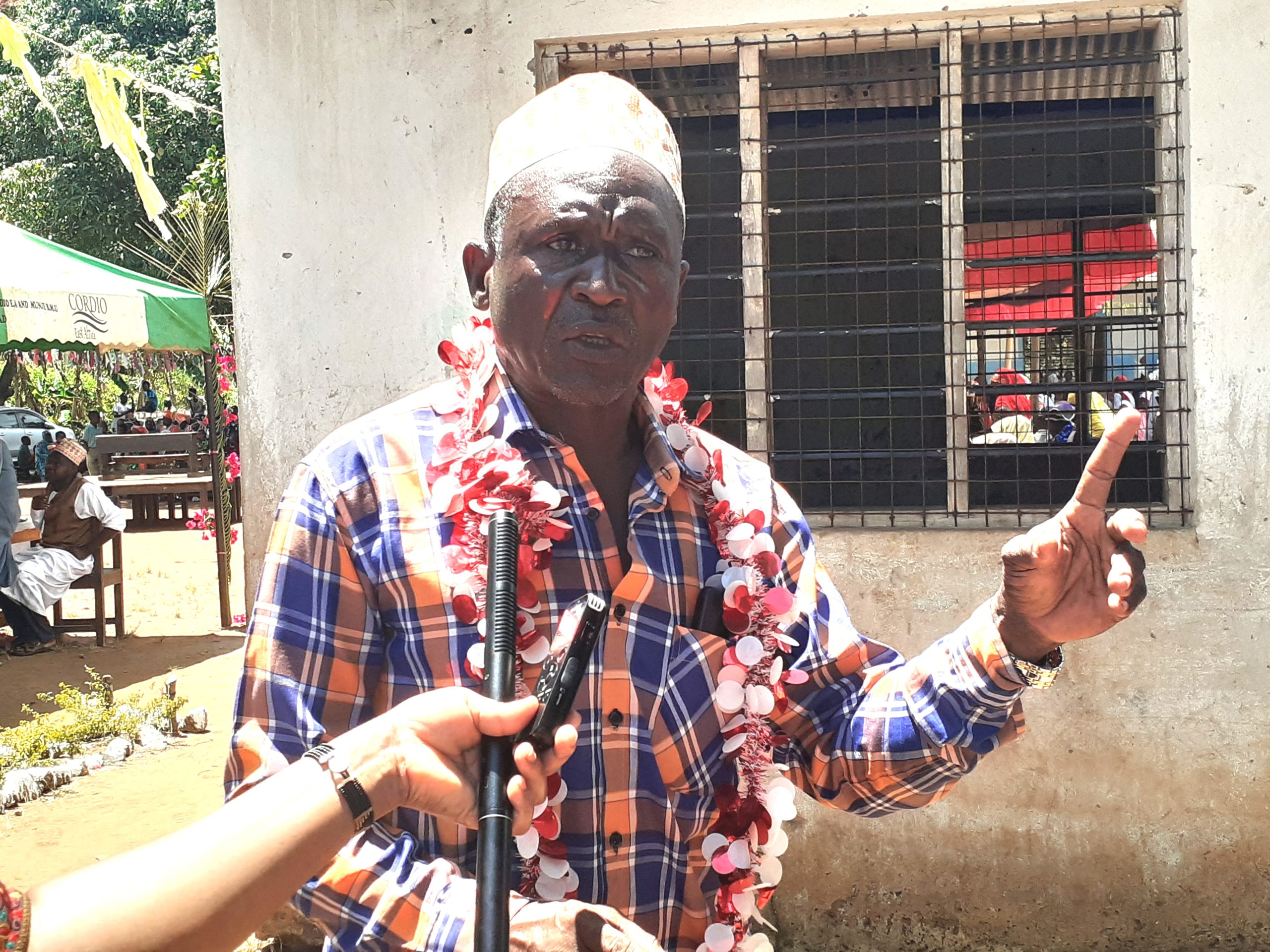
He said that leaders have a responsibility to assist private schools, noting that many are owned by ordinary Kenyans striving to improve their children’s lives and raise educational standards.
“Education is a shared responsibility, and private schools deserve equal attention and support,” he said.
Masemo said children in private schools sit the same national exams as those in public schools and should not be overlooked, stressing the need to ensure all learners have equal opportunities to succeed academically.
The school’s patron Swalehe Mtengo said private schools play a crucial role in bridging the education gap, especially in rural areas where public schools are often located far from communities.
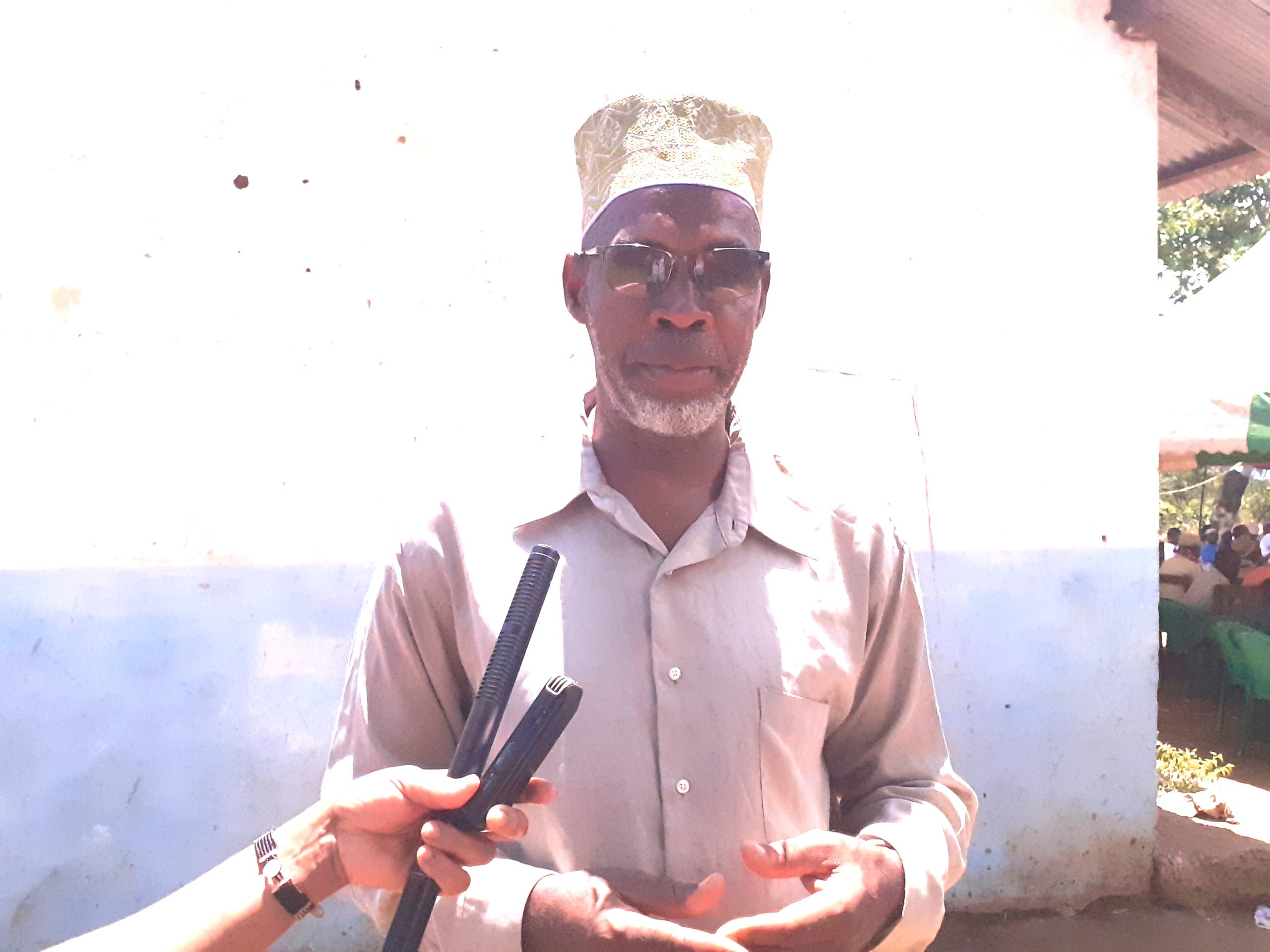
He called on leaders and the government to provide support in infrastructural development, including the construction of perimeter walls, classrooms, provision of desks, and other essential learning materials.
“It would be fair and just for private schools to receive assistance as they address a significant gap in the education sector,” he said.
By Shaban Omar
You can also follow our social media pages on Twitter: Education News KE and Facebook: Education News Newspaper for timely updates.
>>> Click here to stay up-to-date with trending regional stories
>>> Click here to read more informed opinions on the country’s education landscape


